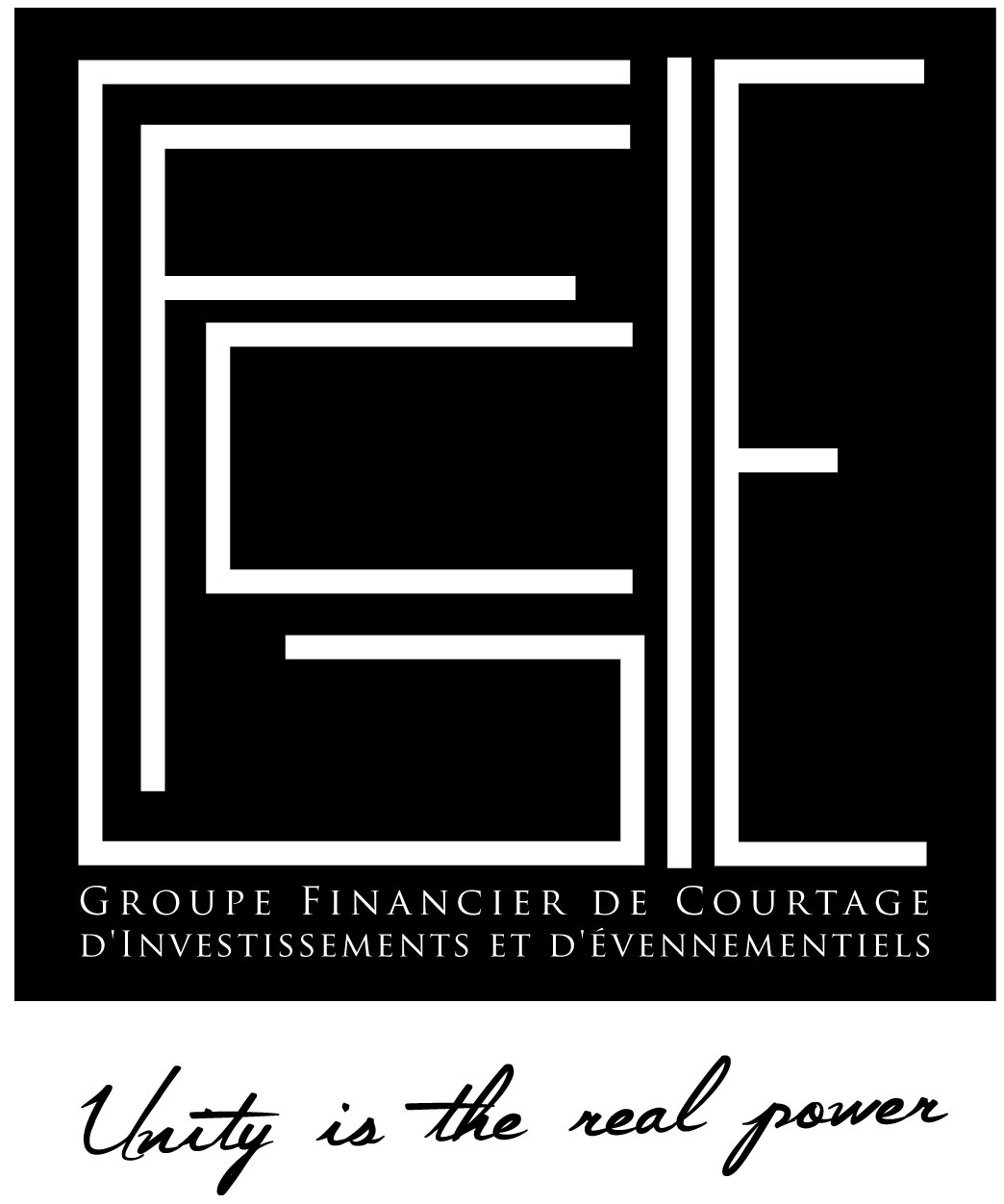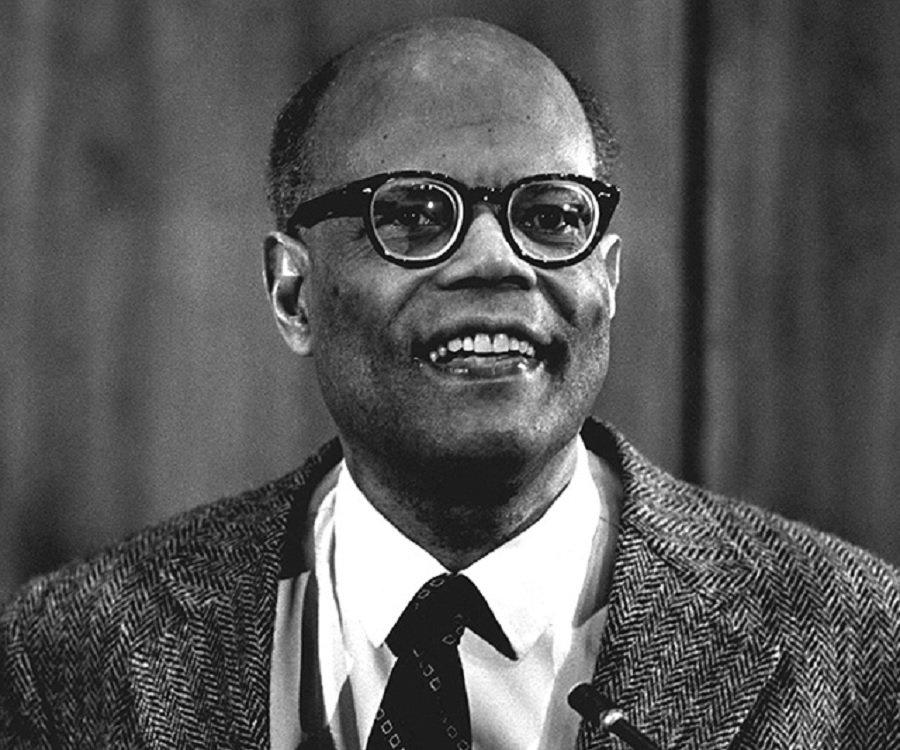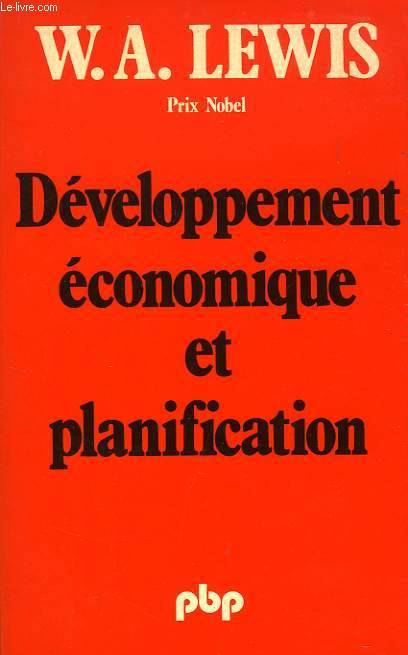Born on January 23, 1915 in Saint Lucia and died on June 15, 1991 in Bridgetown, Barbados, Saint Lucian economist, won the Nobel Prize in Economics in 1979 for his work in development economics.
Saint Lucia was still a British territory in the Caribbean at the time. In 1932, he won a government scholarship to study at a British university. He wanted to become an engineer. But at the time, the only positions reserved for Black people were in medicine and law. He knew that neither the government nor industry would hire a Black person. He decided to pursue a business degree at the London School of Economics.
After receiving his doctorate, he studied economic history on the advice of Friedrich Hayek, then head of the economics department at the London School of Economics. Hayek asked him to teach a course on what happened between the wars to complement the contemporary analysis of cycle theory. Lewis told Hayek that he knew nothing about it, to which Hayek replied that the best way to learn more about a subject was to teach it.
It was only after World War II and the independence of many countries that Lewis began to study development economics.
The Queen of England knighted this Saint Lucian in 1963. In 1979, the Bank of Sweden awarded him the Nobel Prize in Economics, along with economist Theodore W. Schultz, for their work on development issues. According to the Nobel jury, "Lewis is a pioneer in development economics research... paying particular attention to the problems of developing countries."
Alongside his academic career, Arthur Lewis served as economic advisor to the Prime Minister of Ghana between 1957 and 1963, as Vice-President of the United Nations Development Fund, and as a founding member of the Caribbean Development Bank between 1970 and 1974.
He died on June 15, 1991, in Bridgetown, Barbados, and is buried at a university in Saint Lucia that bears his name.
The publication of Economic Development with Unlimited Supplies of Labor in 1954 is considered one of the founding articles of development economics, which was still in its infancy in the 1950s. Traditional growth theories had to be adapted to the specificities of developing countries. According to Lewis, developing countries are characterized by the presence of a dual economy. In these countries, a traditional sector (agriculture and informal activities), with a surplus of labor, coexists with a modern sector (capitalist industries) operating on a capitalist model: profit finances investment. The migration of labor from the traditional sector to the modern sector drives the economy, and the profits generated by the modern sector create growth and capital accumulation that finance expansion. The driving force of "take-off" is investment from the capitalist sector, which should allow for expanded accumulation and the absorption of underemployment. The traditional sector, with its cheap and sufficient workforce, serves as a reservoir for industry.
The point at which the majority of cheap labor from the traditional sector has been absorbed by modern industry is called the Lewis turning point. From this point on, labor shortages generally lead to a revaluation of work and a reduction in inequality.
Main works.
Economic Problems of Today, Longmans, 1939
Monopoly in British Industry, Fabian Society, 1945
Economic Survey, 1919-1939, George Allen & Unwin, 1949
Overhead Costs, George Allen & Unwin, 1949
The Principles of Economic Planning, Dobson, 1949
“Economic Development with Unlimited Supplies of Labor”, Manchester School of Economic and Social Studies, vol. 23, 1954
The theory of economic growth, Allen and Unwin, 1955 (French translation under the title Théorie de la croissance économique, Payot, 1967)
Politics in West Africa, 1965
The Agony of the Eight, 1965
Development planning: the essentials in Economic Planning, Allen and Unwin, 1966 (French translation under the title La planification du développement, Payot, 1979)
Labor in the West Indies: The Birth of a Workers' Movement, New Beacon Books, 1977
Growth and fluctuations, 1870-1913, Allen and Unwin, 1978
“The slowing down of the engine of growth”, Nobel lecture, AER 70, n° 4, 555-64, December 1980
"The International Economic Order: Foundations and Evolution", Economica, 1980
Racial Conflict and Economic Development, Harvard University Press, 1985


